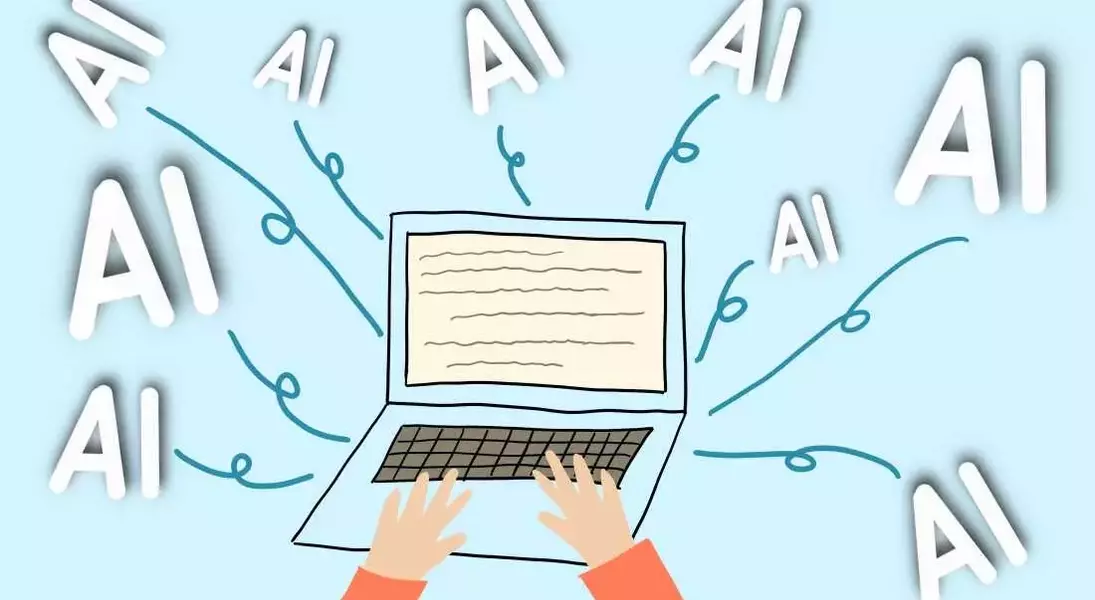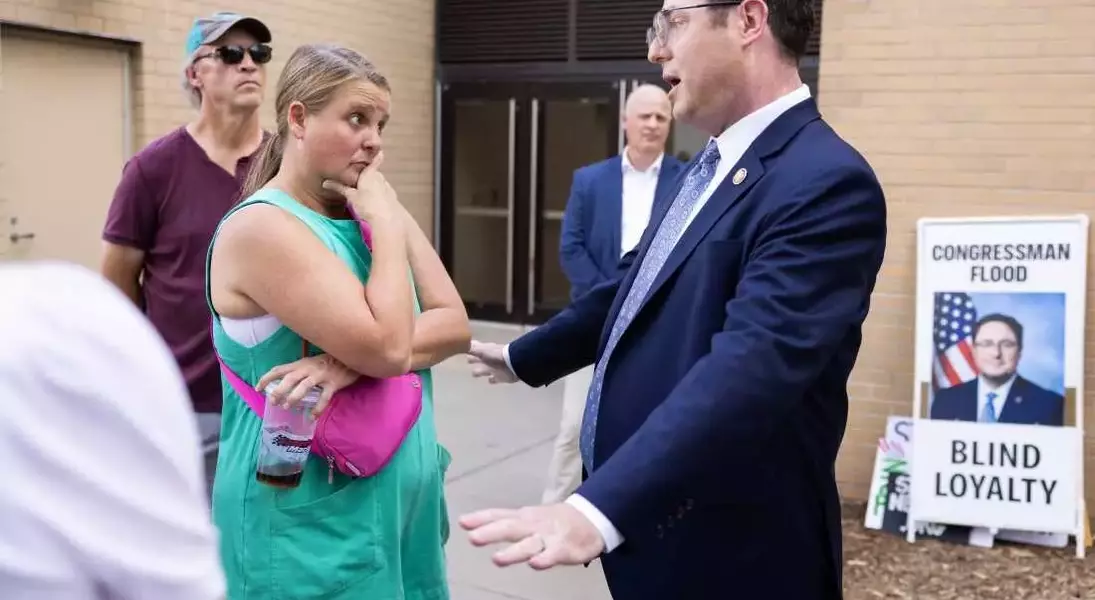





Today's global landscape is marked by significant economic shifts, security incidents, and evolving diplomatic efforts. New trade policies are set to reshape international commerce, with the United States implementing higher tariffs that will affect goods from various nations. Meanwhile, a grave incident at Fort Stewart underscores persistent security concerns, as authorities investigate the motive behind a shooting that injured military personnel. Concurrently, high-level diplomatic discussions aim to de-escalate international conflicts, signaling a potential turning point in ongoing geopolitical tensions. These developments highlight the complex interplay of economic policy, national security, and international relations shaping our world.
Furthermore, the integration of artificial intelligence into daily life, particularly in education, presents both opportunities and challenges, influencing learning methodologies and academic integrity. This period also brings news from the business sector, as a prominent retail chain faces bankruptcy, reflecting broader economic pressures and changing consumer habits. The diverse array of events, from economic policies and security breaches to technological advancements and diplomatic overtures, paints a picture of a dynamic and interconnected global environment where each development has far-reaching implications across societies and industries.
Global Economic and Diplomatic Shifts
Significant economic and diplomatic developments are currently unfolding on the international stage. The United States has initiated increased tariffs, marking a new phase in its trade policy. This move, which applies a 15% tax on imports from several key economic partners including Europe, Japan, and South Korea, follows an earlier 10% levy. Certain countries like the Philippines, Switzerland, and South Africa will experience even higher rates, while Canada has already seen its tariffs jump to 35%. These escalating trade barriers are beginning to exert pressure on various industries, with businesses like McDonald's expressing concerns over the impact on consumer spending habits, suggesting a wider economic apprehension linked to these trade adjustments.
In a parallel vein, diplomatic channels are abuzz with the prospect of high-level talks aimed at resolving the conflict between Ukraine and Russia. Former U.S. President Trump has indicated the potential for a meeting with Russian President Vladimir Putin and Ukrainian President Volodymyr Zelenskyy, signaling a push towards de-escalation. This comes on the heels of reportedly productive discussions between a U.S. special envoy and Putin. While the specifics of any concessions from Russia remain unclear, a direct engagement between the leaders would represent the first such interaction since 2021, underscoring the critical nature of these diplomatic overtures in seeking a peaceful resolution.
Domestic Security and Technological Impact
Domestically, a concerning incident at Fort Stewart, Georgia, saw five soldiers sustain injuries after an Army sergeant reportedly opened fire on colleagues. The alleged assailant, Sgt. Quornelius Radford, who worked in automated logistics, was apprehended by other soldiers at the scene. All injured personnel are reported to be in stable condition, and Radford is currently in custody. Law enforcement is actively investigating the motive behind the shooting and how the assailant's personal firearm was brought onto the military installation. Military officials have since reassured the public about the base's security, emphasizing that it remains well-protected.
The impact of artificial intelligence continues to expand, particularly within academic settings. AI tools are increasingly being utilized by students for educational support, with platforms like OpenAI's 'study mode' designed to function as virtual tutors. Academic resource sites such as Chegg are also integrating AI models, offering features like side-by-side answer comparisons with various AI chatbots. While these technologies offer significant learning advantages, concerns about over-reliance and academic integrity persist among educators and students alike, with some professors responding by assigning more traditional, in-class, or handwritten assignments to mitigate potential misuse. This evolving dynamic highlights a critical discussion on the future of education and technology's role within it.
